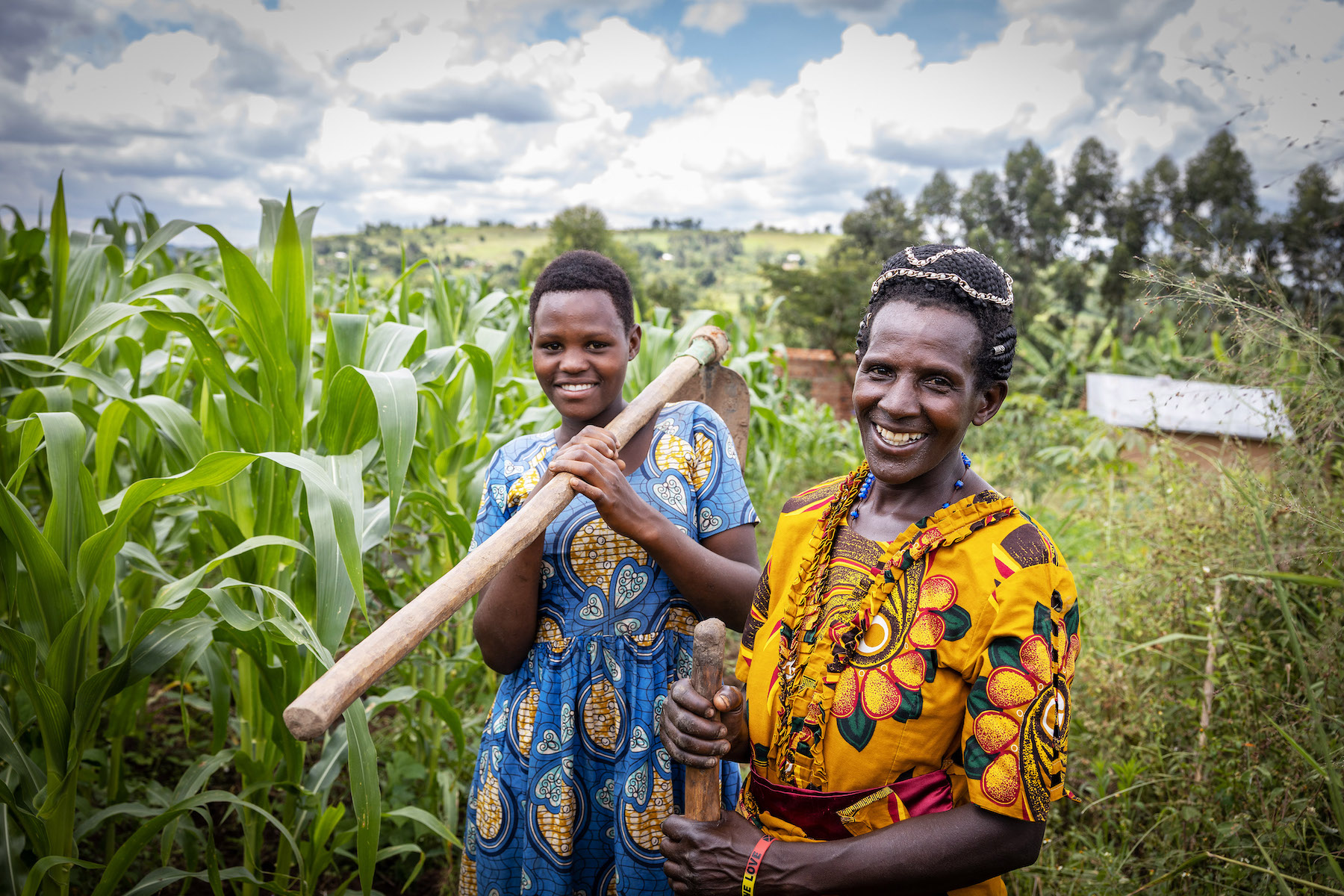
Across the Global South, rural women are among the most disadvantaged people. Widespread gender-based discrimination in laws, customs and practices causes inequalities in the ability to access and control land and other natural resources and limits their participation in decision-making in land governance, from the household to local and national institutions.
Gender justice in land governance and women’s land rights are fundamental pillars in promoting and protecting women’s human rights in rural areas. However, land-related projects and policies must include women as a target group or participants and ensure that women benefit efficiently from interventions. This contributes to female empowerment and the transformation of gendered power imbalances in societies. These aspects are fundamental goals of Gender Transformative Approaches, which are increasingly gaining importance in rural development programmes -for instance, they play an essential role in the Feminist Development Policy, whose adoption was recently declared by the Minister for Economic Cooperation and Development (BMZ). Notwithstanding, a variety of challenges still accompany the successful integration and implementation of Gender Transformative Approaches.
The Knowledge Exchange Workshop (KEW) provides the opportunity to hold a series of sessions to highlight, discuss and reflect on how these approaches, as identified above, can be successfully applied in different fields of action such as international guidelines and policies, land investments, and development cooperation projects to contribute to the transformation of gender power imbalances in the land space. The questions are the following: How can gender-related elements in these fields of action be transformed into more women’s empowerment oriented? How can capacity development and research contribute to this objective?
Objective
The objectives of this series of sessions are:
-
Discuss and compare international guidelines, national frameworks, and policies on women’s access to land and gender equality in view of Gender Transformative Approaches.
-
Identify opportunities and success factors for responsible agricultural investments that promote gender equality.
-
Collect and discuss lessons-learned, challenges and experiences of partner institutions and GIZ in implementing gender-related activities.
-
Formulate recommendations for the successful integration of Gender Transformative Approaches into land-related policies, programmes, and investments.
Session Overview
Session 1: Conceptual framing of the Gender Transformative approaches with reflection on international guidelines, frameworks and policies.
Session 2: Gender Transformative Approaches in Practice, with perspectives on land investments and private sector cooperation.
Session 3: Gender Transformative Approaches within the Global Programmes: From Theory to Praxis.
Session 4: Thinking ahead Gender Transformative Approaches. Bringing it all together while reflecting on findings and recommendations.
It is expected that participants will develop new ideas on how to conceptualize and implement gender-related policies, programmes, and activities in land governance and the securing of women’s land rights. The participants learn to differentiate between projects and policies that are only gender-sensitive or gender-positive and those that aim to transform gendered power imbalances. Moreover, concrete examples and experiences regarding the application of Gender Transformative Approaches will be discussed and recommendations for its successful implementation in different areas of action will be formulated.
